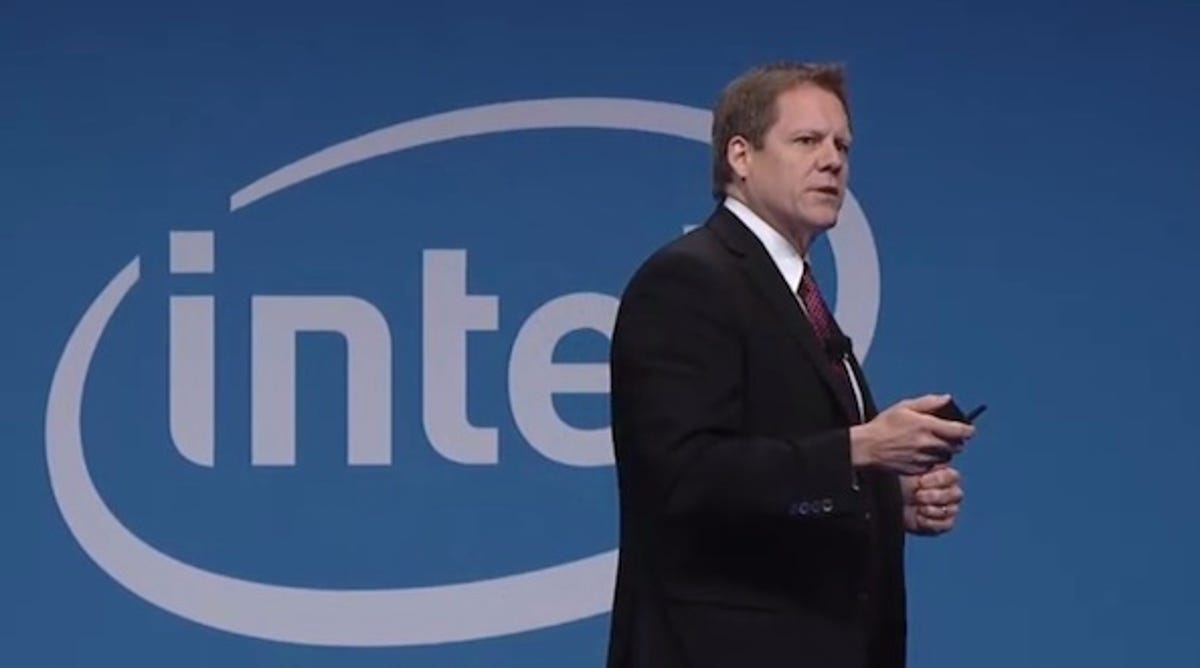
Intel
Intel said this week that it’s going 64-bit on 32-bit Android. Confused? Intel offered some clarification at its China developer conference this week.
Here’s the initial statement Intel released this week:
“Intel…released Android KitKat 4.4 with a 64-bit kernel optimized for [Intel Architecture]. With this release, the company ported, validated, and tested the Android Open Source code on IA, taking on the work that developers typically would need to do on their own. This release will provide the…64-bit kernel support for development of next-generation devices.”
Intel’s Doug Fisher, general manager, Software and Services Group, expounded on this during his presentation.
He began by saying that Intel is moving everything to 64-bit now. That means it’s moving all of its mobile silicon. More-traditional hardware like servers, desktops, and laptops have been 64-bit for years (servers since 2001, desktops since 2004).
But that’s just half the battle, because the software needs to be 64-bit too.
So, he went on to explain and demonstrate how a kernel — a core piece of the operating system — that’s 64-bit can begin to provide some of the benefits of a full 64-bit OS.
Related stories
“So all of these devices that have 64-bit capability [in hardware] will now have a 64-bit kernel running on that. So, when you run Android, which is a 32-bit environment on top of that 64-bit kernel, you’re getting the advantages, even in a 32-bit environment, of the 64-bit kernel,” he said.
Fisher proceeded to demonstrate a 32-bit Android application — a ray tracer. One part of the screen ran Android on a 32-bit kernel, the other on a 64-bit kernel.
Needless to say, the application taking advantage of a 64-bit kernel and its libraries offered better performance.
“You can see the performance difference already,” he said.
Why all the fuss about 64-bit? Well, when Apple did its big 64-bit reveal at the last Worldwide Developers Conference, it shocked everyone, including heavyweights like Qualcomm. And, yes, Intel too.
Qualcomm, in short order, started making 64-bit chip announcements. It galvanized Intel too. The company finally moved the Windows 8.1 tablets to 64-bit this year and is now trying to set the pace for Android.




